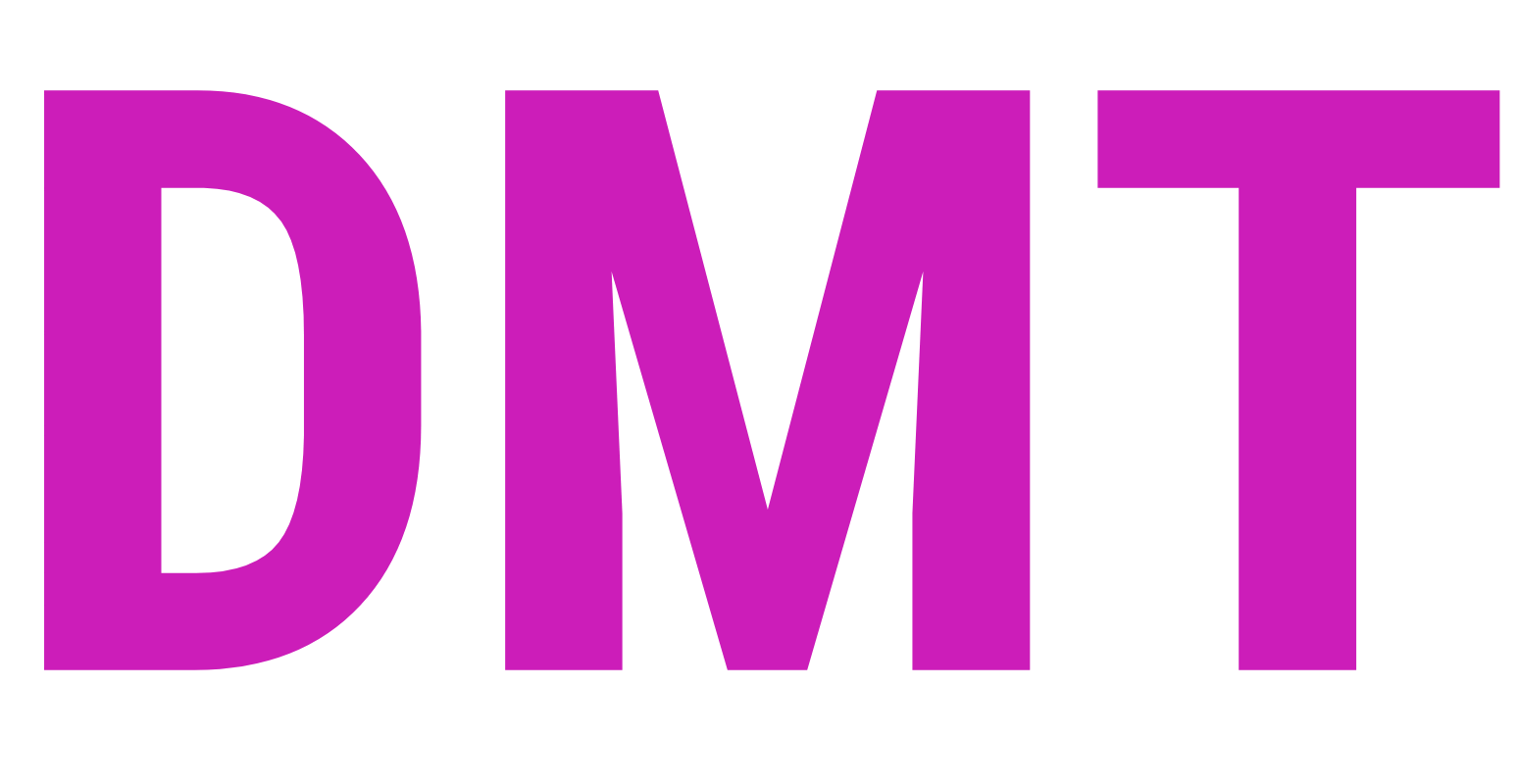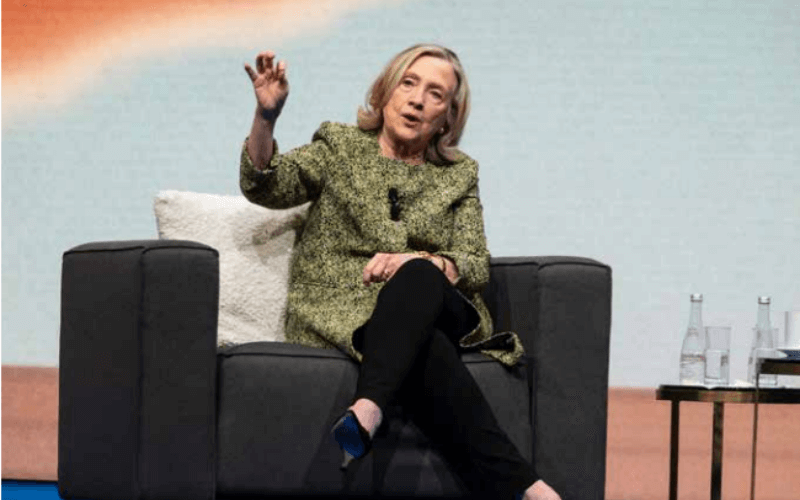On September 30, the prestigious TFWA (Tax Free World Association) World Conference welcomed a distinguished guest in Hillary Rodham Clinton, the former U.S. Secretary of State. Held against the backdrop of international tensions, Clinton engaged in an insightful conversation with Stephen Sackur, a well-known presenter and journalist from the BBC's HARDTalk program. This high-profile discussion offered participants a broad and thoughtful perspective on global politics, the economy, and the challenges facing international industries, including duty-free and travel retail.
A Prominent Leader on Stage
Hillary Clinton's appearance at the TFWA World Conference carried particular significance, given her impressive political career. With more than three decades of experience in public service, she has held key positions that have given her a unique understanding of political, economic, and social issues. Clinton's role as a lawyer, First Lady of the United States, U.S. Senator, and finally, Secretary of State, provided her with a comprehensive view of both domestic and international affairs.
As First Lady, she was a trailblazer, advocating for healthcare reforms and championing women's rights. Her tenure as U.S. Senator for New York demonstrated her ability to navigate legislative politics, and her role as U.S. Secretary of State under the Obama administration thrust her onto the global stage. There, she promoted a "smart power" strategy that combined traditional diplomacy with innovative initiatives to confront global challenges of the 21st century, such as globalization, terrorism, and economic crises. This approach, blending military power with diplomatic and economic tools, helped reposition the U.S. as a key player in international relations during the post-Cold War era.
Her experience as the 2016 Democratic presidential candidate, running against Donald Trump, further solidified her prominence. Although she did not win, her historic candidacy as the first woman nominated for president by a major U.S. political party underscored her leadership in discussions surrounding democracy, governance, and global politics.
Reflecting on Global Uncertainty
During the conference, the conversation with Stephen Sackur touched on numerous topics related to the current geopolitical landscape. In a world undergoing rapid changes, marked by growing tensions between global powers, increasing protectionism, and challenges such as the COVID-19 pandemic and the war in Ukraine, Hillary Clinton shared her thoughts on how governments and businesses must adapt.
She stressed that the uncertainty on the international stage, be it geopolitical tensions or economic volatility, requires fundamental changes in how organizations plan for growth and prepare for the future. Clinton emphasized the importance of flexibility and adaptability, urging leaders in both the public and private sectors to rethink their strategies in response to these upheavals. According to Clinton, businesses must build resilience in the face of geopolitical shifts by adopting a more dynamic and responsive approach, ensuring they can thrive even in uncertain environments.
Clinton also warned against the growing trend of isolationism in some countries, which could have detrimental effects on global trade and international cooperation. She pointed out that sectors such as duty-free and travel retail, which are heavily dependent on the free movement of people and goods, are particularly vulnerable to this type of inward-looking policy. The duty-free sector, which relies on international travel flows, must, she argued, prepare for a future where mobility could be restricted by stricter political decisions.
A Discussion on the Future of Global Trade
Beyond geopolitical concerns, Hillary Clinton also discussed the future of global trade. She highlighted that the duty-free industry, like many other global industries, is now at a critical crossroads. With global supply chains under increasing strain due to crises like the U.S.-China trade war, Brexit, and the COVID-19 pandemic, trade actors must turn to innovative solutions to ensure their survival and success.
Clinton addressed the significance of global interconnectedness for trade. The duty-free industry, being highly dependent on international travel, is directly impacted by global events such as rising political tensions or border closures. She emphasized that for businesses operating in this sector, it is crucial to understand geopolitical dynamics and integrate them into their growth and investment strategies. The free movement of people and goods, a central pillar of this industry's success, could be challenged in the years to come, and businesses must prepare for a future where these freedoms are no longer guaranteed.
The Crucial Role of Democratic Institutions
One of Hillary Clinton's most notable comments during the conference focused on the resilience of democratic institutions, particularly in the United States. She emphasized that the stability of democracies is not only essential for world peace but also for economic prosperity. Strong institutions, capable of withstanding both internal and external political pressures, are crucial for maintaining a business-friendly environment.
Clinton also discussed the upcoming U.S. presidential election, highlighting its potential impact on international politics and the global economic climate. According to her, the election's outcome could have profound implications for international relations and key issues such as climate change, global trade, and technological regulation. By focusing on the need to protect American democracy against populist threats, she urged world leaders to remain vigilant in defending democratic values.
Hillary Clinton's Path: A Lesson in Perseverance
Hillary Clinton exemplifies perseverance and determination. Throughout her political career, she has consistently shattered glass ceilings. As First Lady, she took a more active role in shaping public policy than many of her predecessors, particularly in the realm of healthcare, and she helped bring women's rights to the forefront of national and international conversations. Her transition to a legislative career as Senator for New York showcased her ability to influence American politics in a more formal capacity, while her tenure as Secretary of State firmly established her as a key figure in global diplomacy.
Her experience as the 2016 presidential candidate solidified her role as a trailblazer in the fight for gender equality in politics. Clinton became a source of inspiration for many women around the world, encouraging a new generation of female leaders to step into public service.
TFWA: A Platform for Global Commerce
The TFWA, founded 40 years ago, is a key association in the world of international retail. It represents the major players in the duty-free and travel retail sector, including luxury brands, airport operators, and other stakeholders in global trade. The annual TFWA World Conference, held in Cannes, is one of the most important events for the sector, providing a unique platform to discuss the challenges and opportunities facing the industry.
The 2024 edition of the conference carries special significance, as it marks the association’s 40th anniversary. This year’s discussions, centered on themes such as geopolitics, sustainability, and technological innovation, are particularly relevant at a time when global trade is undergoing significant transformations.
The Connection Between Hillary Clinton and TFWA
Hillary Clinton’s participation in the event underscores the deep link between political and economic dynamics and the duty-free industry. Clinton, with her vast experience as Secretary of State and global political leader, is uniquely positioned to offer an informed perspective on the challenges facing the industry. As a champion of global interconnectedness, diplomacy, and international collaboration, she fully understands the importance of cross-border exchanges for industries like duty-free, which rely on the fluid movement of people and harmonious relations between nations.
Her advocacy for "smart power" – a blend of diplomacy, military strategy, and economic development – resonates deeply with the challenges faced by the travel retail industry. The ever-changing landscape of global politics and the potential disruptions to international travel require industry leaders to adopt a forward-looking, adaptive approach. Clinton’s message to the TFWA attendees emphasized the need for resilience and innovation in the face of these uncertainties.
Conclusion: A Vision for the Future
In conclusion, Hillary Clinton's appearance at the TFWA World Conference highlighted the importance of rethinking strategies in a rapidly changing global landscape. Her reflections on geopolitical issues and the challenges facing the duty-free industry provided a clear and inspiring vision for the future. The insights she shared on democracy, global trade, and resilience were timely, particularly as the world faces unprecedented challenges that will shape the course of international business for years to come.
The TFWA’s decision to feature Clinton in its 40th-anniversary event underscored the relevance of her experiences and insights to the industry's future. As global travel and trade evolve, the lessons drawn from her career in public service and diplomacy offer invaluable guidance to business leaders looking to navigate the complex world of global commerce.



